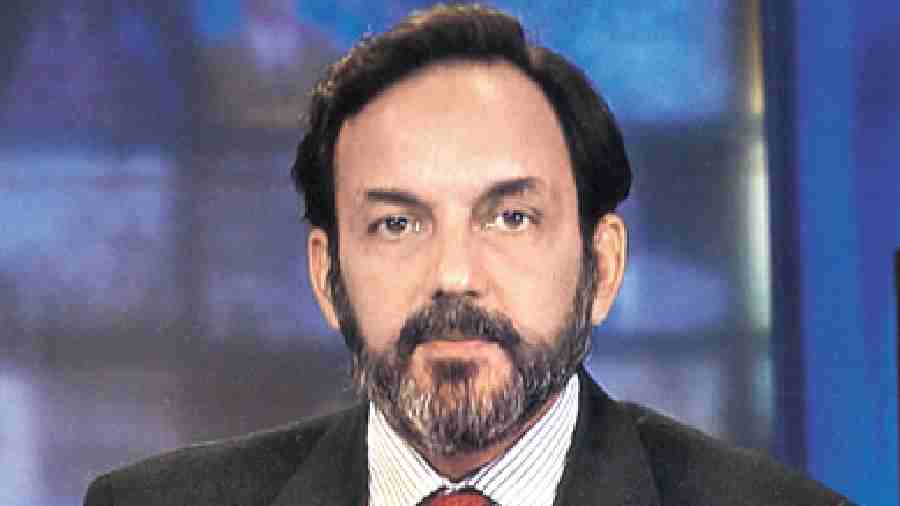The Supreme Court has decided to live-stream all constitution bench hearings from September 27 to address pleas to make the highest judiciary’s proceedings transparent and accessible to one and all.
The important constitution bench matters that are scheduled to come up for hearing after September 27 include a challenge to the Citizenship Amendment Act, objection to the 10 per cent quota for economically weaker sections and a plea to criminalise marital rape.
The decision comes against the backdrop of a judgment by the Supreme Court in 2018 agreeing with pleas for live-streaming of court proceedings as part of citizens’ fundamental right to free speech and information. The petitions had been filed by Swapnil Tripathi and activist-lawyer Indira Jaising. Jaising recently wrote to Chief Justice of India U.U. Lalit and other judges of the Supreme Court drawing attention to the 2018 ruling.
Late on Tuesday evening, the full court comprising all 30 judges of the Supreme Court headed by CJI Lalit unanimously resolved to permit live-streaming of constitution bench matters.
From September 27, citizens will be able to watch court proceedings on their laptops, mobile phones and other electronic gadgets. Constitution bench matters are normally heard by a minimum of five judges of the Supreme Court. Such benches are set up to deal with important matters relating to the constitutional validity of various statues and rules affecting citizens or different classes of people.
The decision to live-stream is a joint exercise between the Supreme Court and the Union ministry of law and justice under the National Policy and Action Plan for Implementation of Information and Communication Technology in the Indian Judiciary. Union law minister Kiren Rijiju had also urged the judiciary to facilitate live-streaming.
Sources told The Telegraph that no decision had yet been taken on whether the live-streaming would be done through an “in-house” technology of the Supreme Court that could be developed with the help of the National Informatics Centre or on a platform like YouTube.
“The modalities are being worked out. Some decision will be taken soon on who will be entrusted with the job of live-streaming the proceedings. As a beginning, only constitution bench matters will be streamed live,” a source said.
Justice D.Y. Chandrachud, who is scheduled to take over as the next CJI on November 9, had last year chaired an e-committee of the Supreme Court that had come up with draft model rules for live-streaming and recording of proceedings across courts.
The sources said that as and when matters being heard by regular benches are also live-streamed, a decision would be taken on whether to telecast sensitive cases involving rape and matrimonial disputes. The e-committee had recommended that live-streaming in certain cases may be restricted to the final arguments.
The e-committee had kept the following non-constitution bench matters out of the scope of live-streaming: Matrimonial disputes, including transfer petitions.











